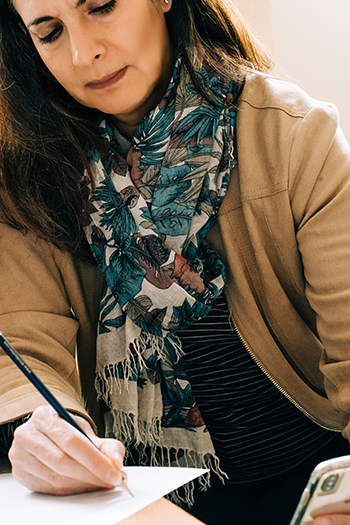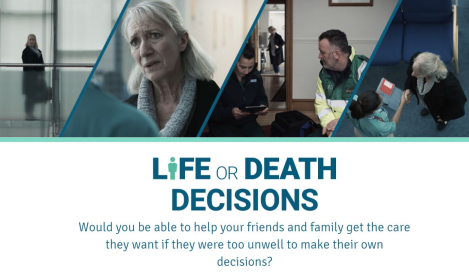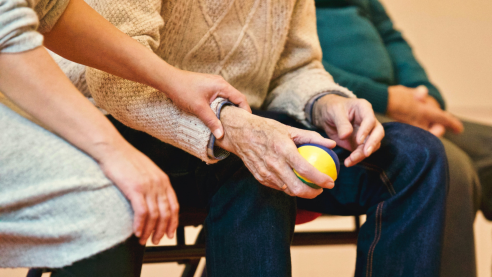If you feel fit and healthy, dying may seem like a distant possibility that is years off
In this article, you’ll learn about what can be involved in an end of life plan, why such plans can be useful, different views about end-of-life planning, and how to get started if you want to.
Firstly, it may help to know what is meant by the term ‘end of life plan’. Generally, the term refers to thinking about what the end of your life may be like, from the care you’d like to receive to how your funeral may be. It does not mean planning to end your life, but rather understanding that dying and death are processes. And because they are processes, there is the possibility of influencing how those processes happen and are experienced. For some, it is easiest to think about it as a parallel to a birth plan or other major life event planning, like a wedding or operation.

There are several types of planning that can be done when it comes to thinking about the end of life. For example, advance care planning (or anticipatory care planning as it is known in Scotland) includes thinking about the types of treatment you may want near the end of life or stating where you would like to be cared for. This has commonly been advised for people who know they have a life-limiting condition as it can help them identify what is important to them and share that information with those caring for them. If you want to refuse certain treatments, for example if you know that you do not want your heart restarted if it is has stopped, you can fill in an advanced decision to refuse treatment form. You can legally nominate other people to make decisions on your behalf in case you lose the ability to make decisions – this is known as a Lasting Power of Attorney. And if it is important to you, you can state preferences for a range of things that occur after your death. This can include things like who has access to your social media and online accounts after you die, and what happens to your possessions, including pets.
Commonly end of life planning has been associated with those who know they could be dying soon (either due to illness or age). For many, it has also been thought of primarily in terms of making a will, outlining who inherits your belongings. Yet, there is a growing trend in the UK and other countries to encourage everyone to make plans about their end of life, and to think about more than only material possessions.
As scary as it can be to think about, dying can and does happen at any age and from a range of factors.
Families, friends, and care professionals frequently find themselves trying to know what they should do based on what they think someone would want. Making some plans – and sharing this information with others – can really help them know what to do in such situations and can be reassuring for them. This means that the decisions about you can be made so that they are more aligned with your values.
 Some people may find that they do not have strong preferences about what they want around the end of their life, but still make plans to remove the pressure on others to make decisions when they may be grieving.
Some people may find that they do not have strong preferences about what they want around the end of their life, but still make plans to remove the pressure on others to make decisions when they may be grieving.
Even though these plans can be helpful, not everyone wants to think about their future in this way. And that is okay. If you do not want to make decisions in advance, it can still be helpful to let those close to you know this is your stance. If you are worried about talking about the subject, because it may be upsetting to think about death, that is understandable. Some people find it easier to focus on practical elements first. And in my research about advance care planning, people commonly tell me that it can be the fear of talking about dying that is worse than actually talking once they have started. Nevertheless, everyone is different, and this difference extends to how much we want to plan for our future and talk about it with others.
Some people may find the act of planning difficult if they do not know much about what the end of life could be like, or what they would want. There are several resources available (some linked below) that can help with this. Importantly, planning does not have to be done all in one step and you can change your decisions over time if you want to.
Watch the video to find out more about people’s experiences and thoughts with end of life planning.




Rate and Review
Rate this article
Review this article
Log into OpenLearn to leave reviews and join in the conversation.
Article reviews